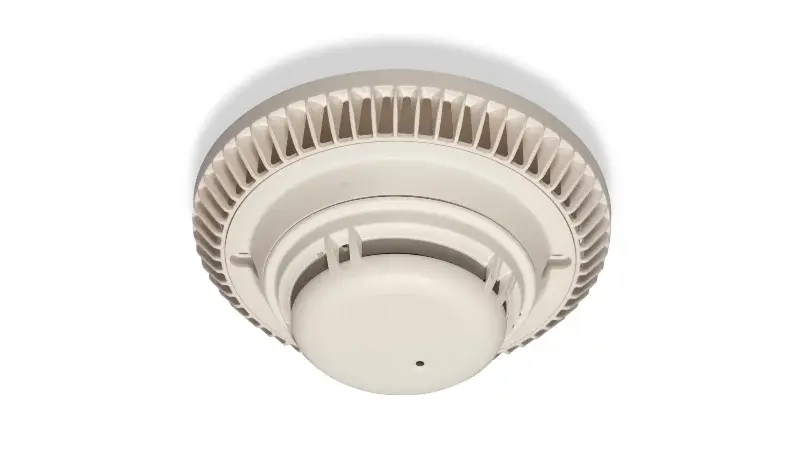New Carbon Monoxide Alarm Requirements for Hotels, Lodges, and Motels
by Brothers Fire & Security | Sep 16, 2024 | Alarm | 0 comments

New regulations are now in place in Minnesota mandating the installation of carbon monoxide (CO) alarms in various lodging facilities, including hotels, housing lodges, and motels. This recent change aims to improve the protection of occupants against carbon monoxide. Property owners and managers must understand these requirements to ensure compliance and safeguard guests.
Overview of the New Carbon Monoxide Alarm Law
Effective August 1, 2024, Minnesota Statute 299F.51 requires that every guest room in hotels, lodging houses, and motels be equipped with approved and operational carbon monoxide alarms.
The law specifically mandates that these alarms must be installed in every room that is lawfully used for sleeping. This regulation extends the reach of safety measures previously focused on residential buildings, reflecting a growing concern for the well-being of travelers and transient populations.
What Properties Are Affected?
The new requirements apply to:
- Hotels: Defined as buildings with six or more guest rooms designed or used for sleeping purposes by guests.
- Lodging Houses: Buildings with no more than five guest rooms used for sleeping purposes, where rent is paid in various forms, including money, goods, or labor.
- Motels and Other Similar Facilities: Any property designed or used for sleeping accommodations, including units within mixed-use buildings.
Specifics on Installation and Maintenance
Under the updated law, property owners are responsible for:
- Installation: Carbon monoxide alarms must be installed within 10 feet of each room used for sleeping.
- Maintenance: The property owner must maintain all installed alarms, and must replace any that are stolen, removed, or rendered inoperable during prior occupancy. Owners should also document maintenance efforts and file inspection and maintenance reports with the local fire marshal as evidence of compliance.
Penalties for Non-Compliance
Failing to adhere to the new CO alarm regulations can result in penalties equivalent to those enforced under the State Fire Code, including potential fines or misdemeanor charges. These penalties underscore the importance of compliance and reflect the state’s commitment to enhancing public safety in lodging establishments.
Moving Forward: Steps for Compliance
To help comply with these regulations, follow these steps:
- Assess Your Current Alarms: Evaluate the existing CO alarms in your property to ensure they meet the new requirements.
- Schedule Regular Inspections: Establish a routine inspection schedule to check the functionality of all alarms and replace any that are faulty or outdated.
- Educate Your Staff and Guests: Inform staff about the importance of these alarms and train them on what to do in case of an alarm activation. Clearly communicate the presence and purpose of these alarms to guests as part of their check-in process.
- Partner with Professionals: Work with fire safety experts, such as Brothers Fire and Security, to ensure your property meets all the latest safety standards. From installation to maintenance, professional guidance can help streamline compliance efforts.
For tailored assistance in implementing these requirements, reach out to Brothers Fire and Security—your partner in building security and fire safety solutions.
Recent Posts
- What is an Area Of Refuge?
- Bouncing Back from a Security Breach: Strengthening Access Control and Building Security
- Consolidate Your Fire, Security, and Monitoring Services: How to Switch and Select the Right Vendor.
- New Carbon Monoxide Alarm Requirements for Hotels, Lodges, and Motels
- Fire Hydrant Reliability: The Importance of Regular Testing and Flushing
